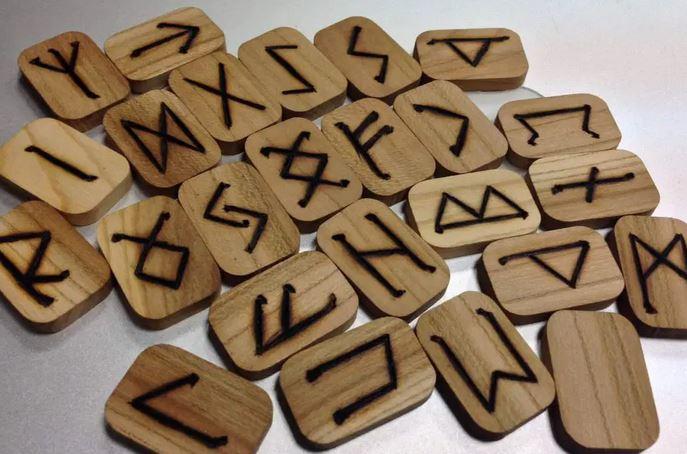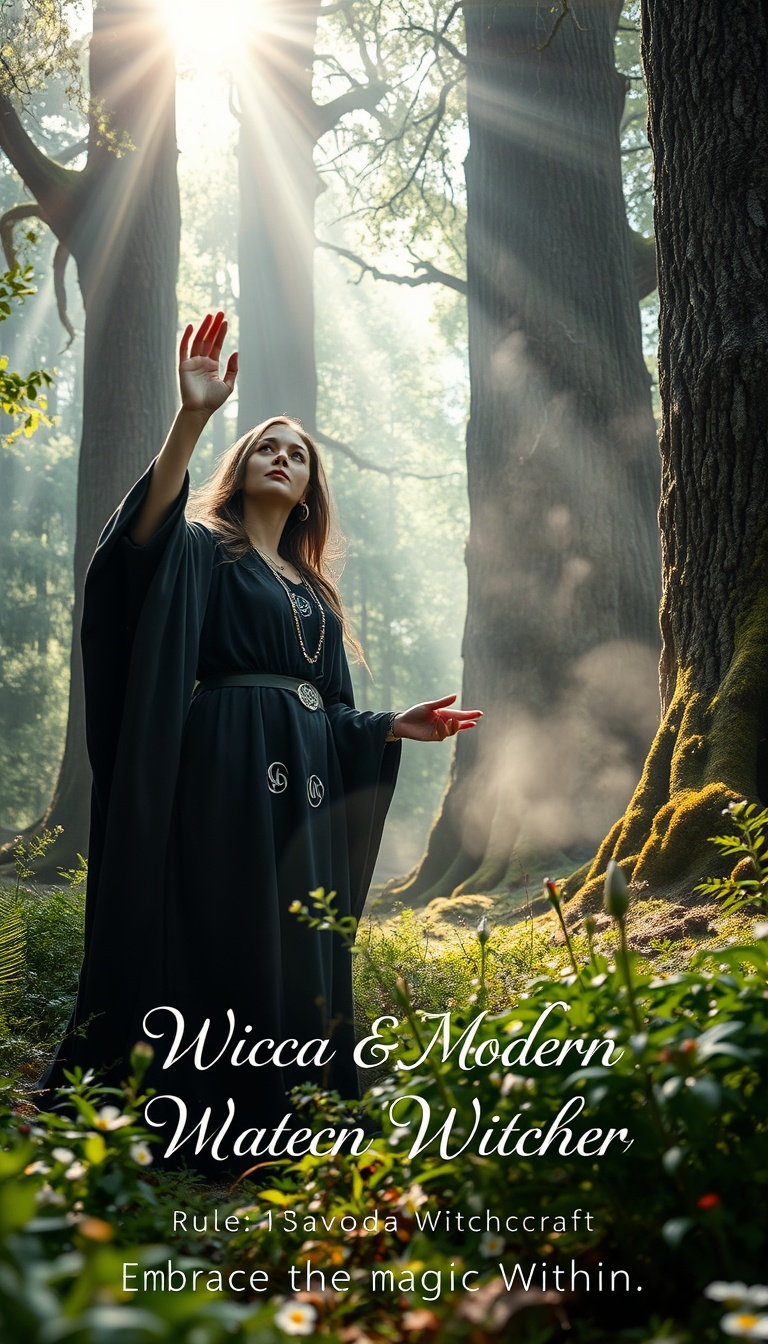
Runes are characters from ancient alphabets used by various Germanic languages, particularly by the Norse people, Anglo-Saxons, and other early Germanic tribes. They were primarily used for writing, but also held significant mystical and magical meanings in Norse and Germanic cultures.
Here are some key points about runes:
-
Runic Alphabets: The most famous runic alphabet is the Futhark, which is named after the first six letters of the alphabet (F, U, Th, A, R, K). There are different variations of Futhark, such as:
-
Elder Futhark: The oldest form, used from around 2nd to 8th century AD.
-
Younger Futhark: A simplified version used in Scandinavia from the 9th century onwards.
-
Anglo-Saxon Futhorc: A version used in England and parts of Frisia, which had more letters than the Elder Futhark.
-
-
Mystical and Magical Significance: Beyond just being a written script, runes were believed to have magical properties. They were used in rituals, charms, and inscriptions to invoke protection, power, or good fortune. In Norse mythology, Odin, the chief god, is said to have discovered the runes by hanging himself from the world tree, Yggdrasil, for nine days.
-
Runic Inscriptions: Runes were often carved into stones, weapons, and other objects. Many runic inscriptions have been found on runestones across Scandinavia, the British Isles, and parts of Europe. Some runestones serve as memorials, while others are believed to mark boundaries, commemorate victories, or tell tales of ancestors.
-
Use in Modern Times: Today, runes are often associated with Norse mythology, Viking culture, and mysticism. Some people use runes for divination, similar to tarot cards or other forms of fortune-telling.
The symbolism and meaning of each rune can vary, but they often represent concepts like strength, protection, and transformation. For example:
-
Fehu (ᚠ) represents wealth or cattle (often interpreted as prosperity).
-
Ansuz (ᚨ) represents a god or divine inspiration.
-
Raido (ᚱ) symbolizes travel or journey.
First Aett (Fehu Aett) – Runes of Wealth and Possession:
-
Fehu (ᚠ)
-
Meaning: Wealth, cattle, prosperity, material goods, success
-
Keywords: Resources, abundance, energy, wealth
-
-
Uruz (ᚢ)
-
Meaning: Strength, vitality, wild ox, endurance
-
Keywords: Physical power, health, vitality, courage
-
-
Thurisaz (ᚦ)
-
Meaning: Giant, thorn, conflict, protection
-
Keywords: Defense, protection, overcoming obstacles, destructive force
-
-
Ansuz (ᚨ)
-
Meaning: God, divine inspiration, communication, Odin
-
Keywords: Insight, wisdom, godly connection, verbal expression
-
-
Raido (ᚱ)
-
Meaning: Journey, travel, movement
-
Keywords: Progress, personal journey, transportation, forward movement
-
-
Kenaz (ᚲ)
-
Meaning: Torch, light, knowledge, creativity
-
Keywords: Illumination, knowledge, transformation, creativity
-
-
Gebo (ᚷ)
-
Meaning: Gift, partnership, balance
-
Keywords: Generosity, exchange, relationships, mutual giving
-
-
Wunjo (ᚹ)
-
Meaning: Joy, happiness, bliss
-
Keywords: Joy, harmony, fulfillment, satisfaction
-
Second Aett (Hagalaz Aett) – Runes of Transformation and Fate:
-
Hagalaz (ᚺ)
-
Meaning: Hail, disruption, chaos, natural forces
-
Keywords: Transformation, disruptions, awakening, sudden changes
-
-
Naudhiz (ᚾ)
-
Meaning: Need, necessity, constraint
-
Keywords: Restriction, survival, necessity, endurance
-
-
Isa (ᛁ)
-
Meaning: Ice, stillness, delay
-
Keywords: Stagnation, pause, stillness, coldness, reflection
-
-
Jera (ᛃ)
-
Meaning: Harvest, year, cycle
-
Keywords: Seasons, natural cycles, rewards of hard work, patience
-
-
Eihwaz (ᛇ)
-
Meaning: Yew tree, endurance, defense
-
Keywords: Protection, defense, stability, spiritual growth
-
-
Perthro (ᛈ)
-
Meaning: Lot, fate, mystery
-
Keywords: Luck, chance, mystery, secrets, hidden knowledge
-
-
Algiz (ᛉ)
-
Meaning: Elk, protection, defense
-
Keywords: Shielding, guardianship, defense, connection to the divine
-
-
Sowilo (ᛋ)
-
Meaning: Sun, success, wholeness
-
Keywords: Success, energy, vitality, enlightenment, solar power
-
Third Aett (Tiwaz Aett) – Runes of the Self and Leadership:
-
Tiwaz (ᛏ)
-
Meaning: Tyr (the god of war), victory, justice
-
Keywords: Honor, courage, leadership, responsibility, victory
-
-
Berkanan (ᛒ)
-
Meaning: Birch tree, growth, fertility
-
Keywords: Renewal, growth, rebirth, motherhood, creativity
-
-
Ehwaz (ᛖ)
-
Meaning: Horse, partnership, movement
-
Keywords: Loyalty, partnership, harmony, progress
-
-
Mannaz (ᛗ)
-
Meaning: Man, humanity, self
-
Keywords: Self-identity, humanity, social order, human relationships
-
-
Laguz (ᛚ)
-
Meaning: Water, intuition, flow
-
Keywords: Emotion, intuition, the subconscious, flow, healing
-
-
Inguz (ᛝ)
-
Meaning: Ing (the god of fertility), potential, completion
-
Keywords: Fertility, creation, potential, new beginnings
-
-
Dagaz (ᛞ)
-
Meaning: Day, dawn, awakening
-
Keywords: Transformation, enlightenment, new beginnings, clarity
-
-
Othala (ᛟ)
-
Meaning: Ancestral property, heritage, inheritance
-
Keywords: Family, tradition, home, inheritance, legacy
-
Summary of Groupings (Aettir):
-
First Aett (Fehu Aett): Wealth, prosperity, strength, protection, and joy.
-
Second Aett (Hagalaz Aett): Fate, transformation, natural forces, and cycles.
-
Third Aett (Tiwaz Aett): Leadership, self-identity, partnerships, and spiritual growth.
These runes not only served as a written script but also had deep spiritual significance for the people who used them. They were believed to have magical properties, with each rune being associated with a particular force, deity, or idea that could influence one’s life. Many modern-day uses of runes (such as rune reading or divination) are based on these ancient meanings and correspondences.



